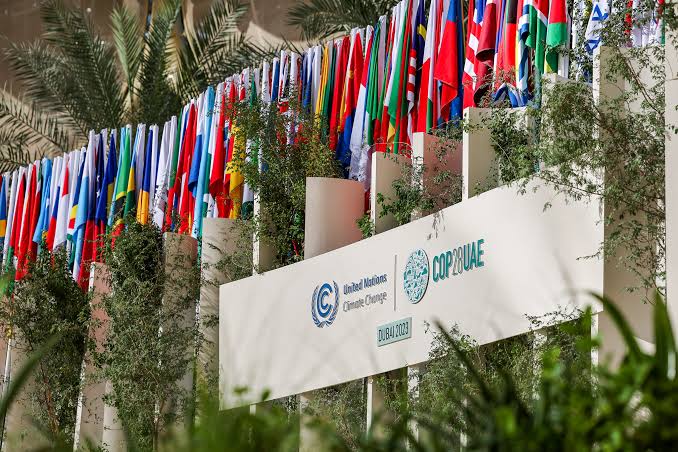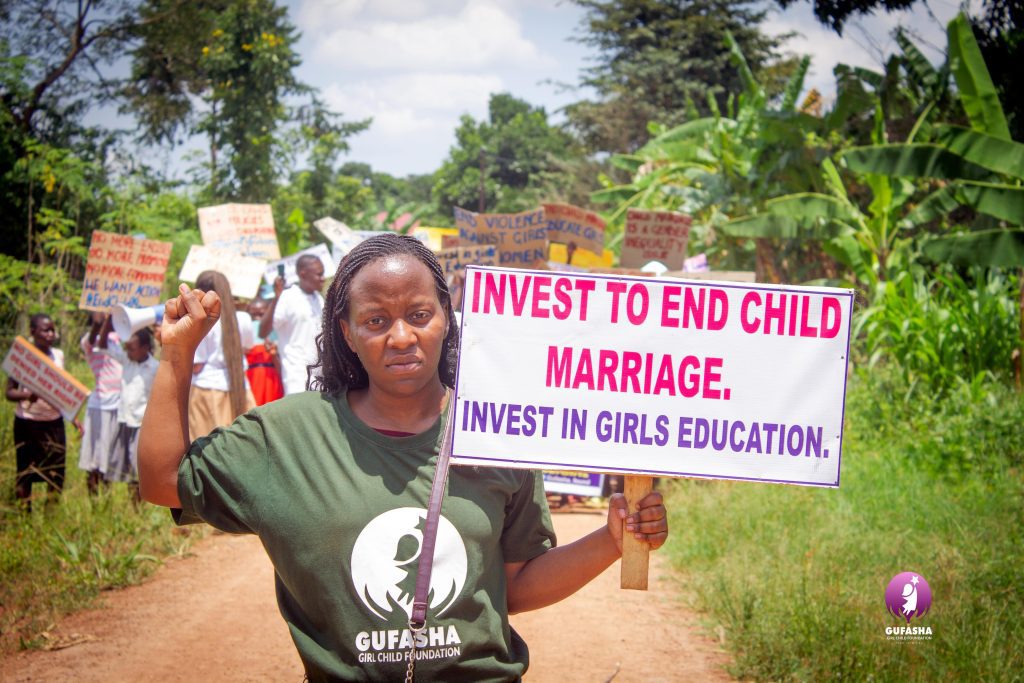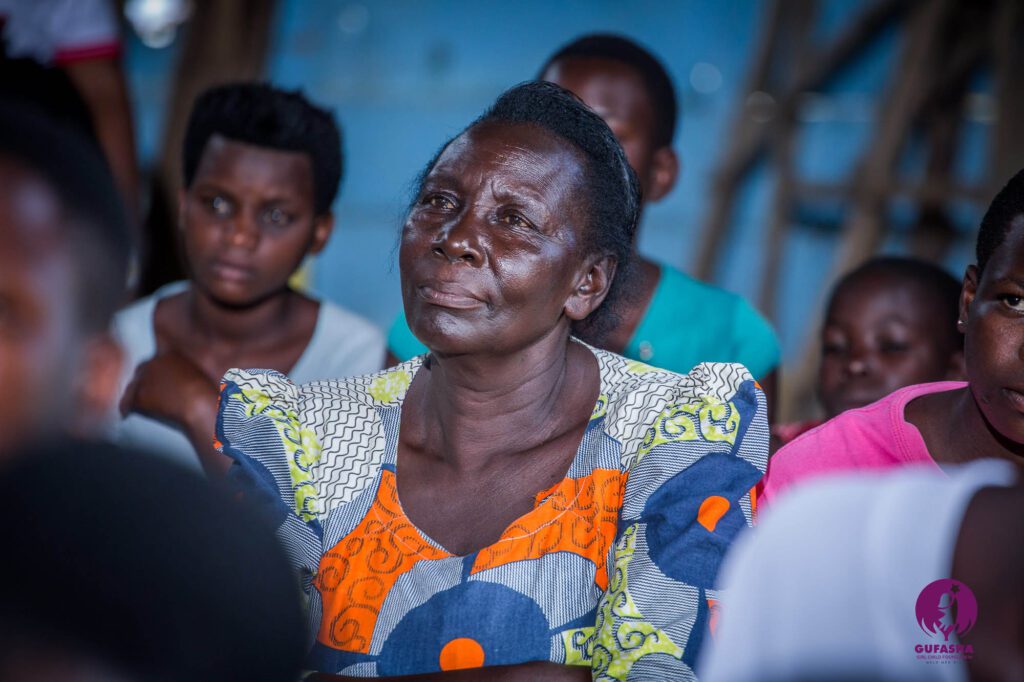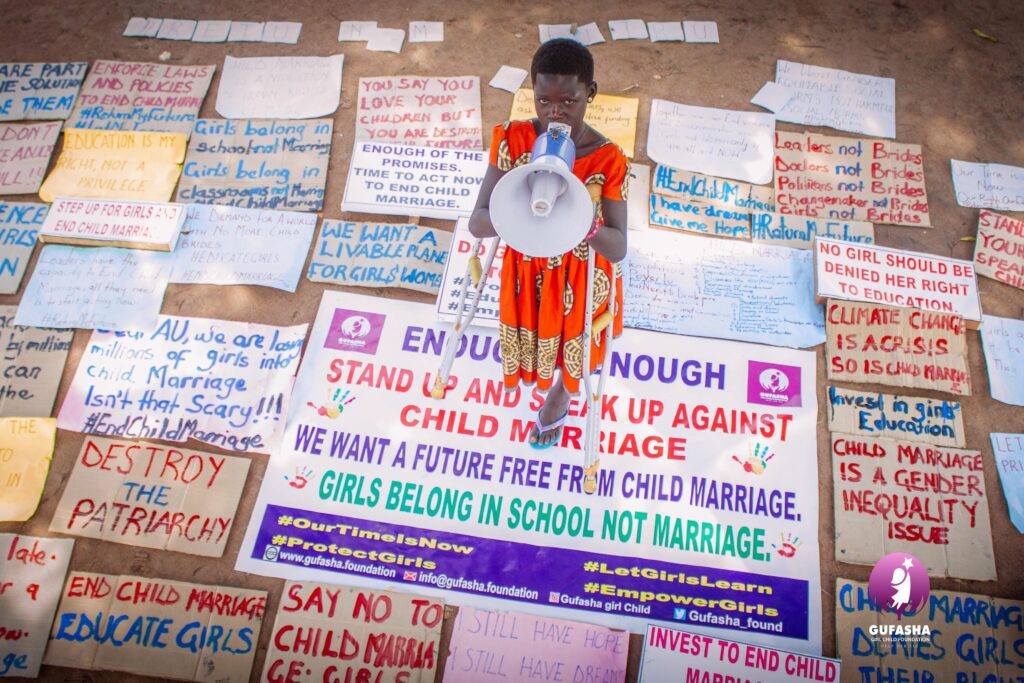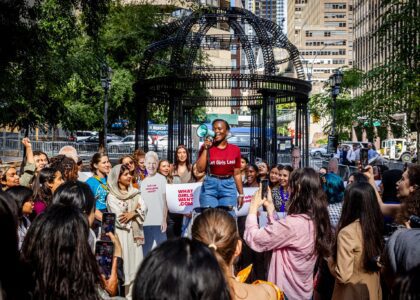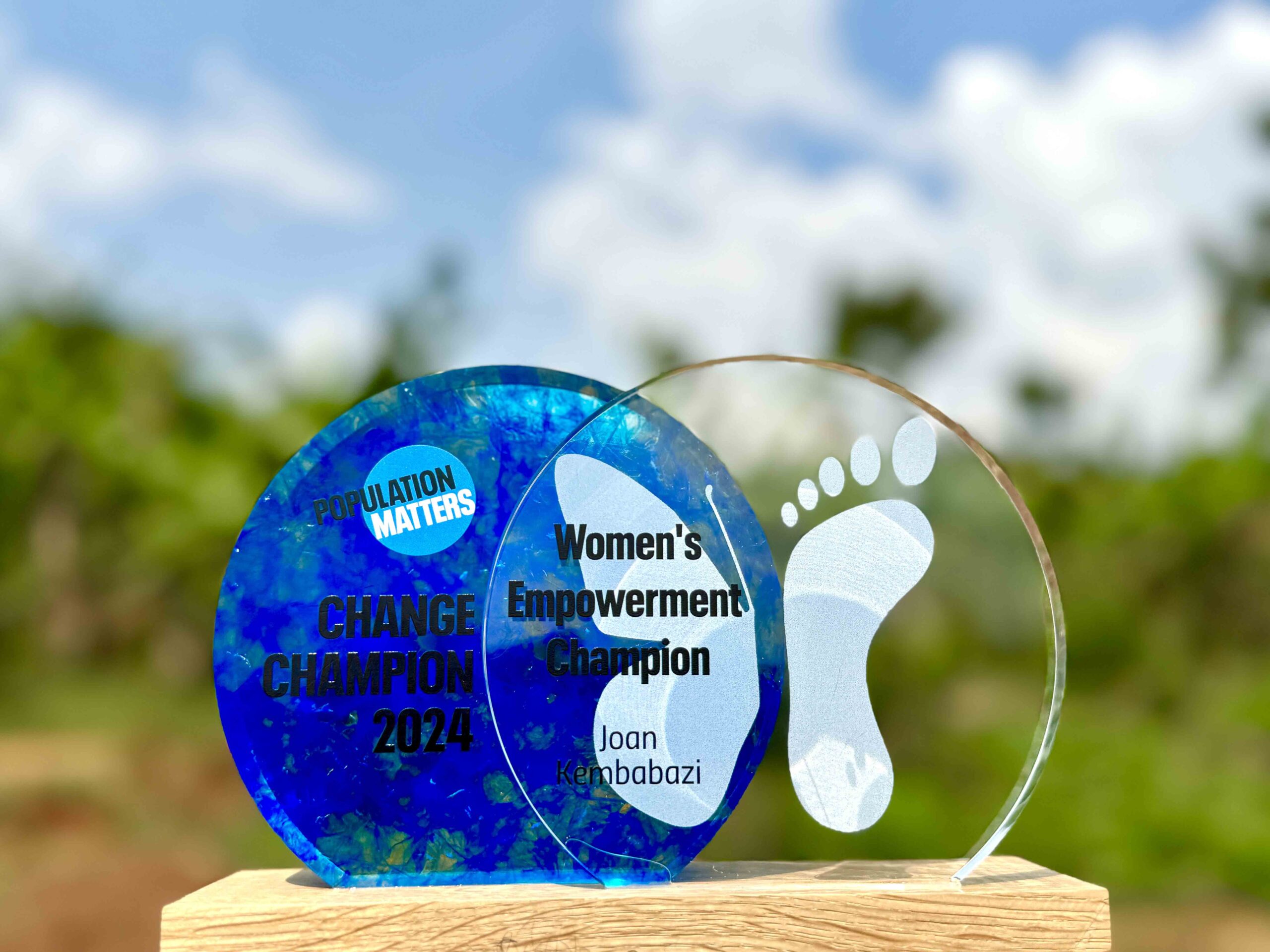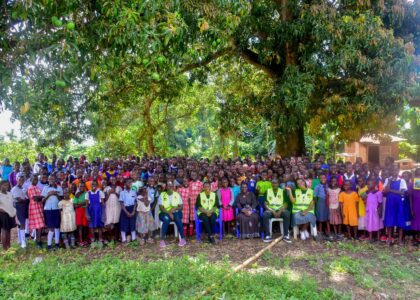From 31st November- 12th December, world leaders, negotiators, scientists, youth activists, and civil society leaders gathered in Dubai for the United Nations Climate Change Conference ,COP28(The 28th Conference of Parties) to discuss the climate emergency and the need for the immediate phase out of fossil fuels and transitioning to greener economies in order to save the people and the planet. COP28 was the first biggest-ever Climate conference with a record of 84,000 registered attendees according to UNFCCC.
Amidst escalating climate crises and increasing urgency, the United Nations COP28 conference emerged as a pivotal moment for nations to reaffirm commitments made under the Paris Agreement to limit global warming to 1.5 degrees Celsius. The conference aimed to drive ambitious actions, innovative solutions, and tangible strategies to mitigate the impacts of climate change. Climate funding was a central point of discussion at this year’s COP28.
Gufasha Girls Foundation was proudly represented by our Team leader, Miss Joan Kembabazi who fully participated in different sessions, side events, actions as well as high level events for two weeks while at the Conference.
Conference highlights.
COP28 began with a historic agreement of the operationalization of the Loss and Damage Fund which totaled up to USD 700 million to date, which is an essential tool to deliver climate justice. The fund will aim to support the most vulnerable and poorest countries to keep up with the rising costs associated but the pledged fund is less than 0.2% of the needed amount.
The representation of women at COP has always been lacking despite the fact that women and girls are disproportionately affected by climate change and there was lack of meaningful inclusion of women at COP28 and environmental policy making as only 15 of the 133 world leaders were women. Thus, women didn’t get a full say in the environmental policymaking that will influence decisions that affect their lives and their communities.
The COP28 Presidency launched the Gender-Responsive Just Transitions & Climate Action Partnership on the Gender Equality Day aiming to build upon progress made through the enhanced UN Climate Change Lima Work Programme and its Gender Action Plan.The Partnership includes a package of commitments on finance, data and equal opportunities. However, there is so much that is needed to improve women’s opportunities to participate in and shape the green economy, including their education and empowerment to meet their most needs and prepare them for the green jobs that are being created, strengthening inclusive decision-making so that the voices of feminists, youth, Indigenous Peoples and others are considered at the global level. I’m a high level dialogue on Gender-Responsive Just Transition and Climate Action, Hillary Clinton emphasized that now more than ever, Women leaders must be at the forefront of the just energy transition to ensure clean energy access for all.

The COP28 Presidency launched the Gender-Responsive Just Transitions & Climate Action Partnership on the Gender Equality Day aiming to build upon progress made through the enhanced UN Climate Change Lima Work Programme and its Gender Action Plan.The Partnership includes a package of commitments on finance, data and equal opportunities. However, there is so much that is needed to improve women’s opportunities to participate in and shape the green economy, including their education and empowerment to meet their most needs and prepare them for the green jobs that are being created, strengthening inclusive decision-making so that the voices of feminists, youth, Indigenous Peoples and others are considered at the global level. I’m a high level dialogue on Gender-Responsive Just Transition and Climate Action, Hillary Clinton emphasized that now more than ever, Women leaders must be at the forefront of the just energy transition to ensure clean energy access for all.
Gufasha Girls Foundation being a girls and women’s rights-focused organization, Our Team leader Joan Kembabazi organized a panel discussion that was titled “Harnessing the Power of Gender Equality in achieving A Just Transition” on the Gender Day at COP28,which brought together young peopleto discuss the potential that girls and women have in enabling the World to achieve an equitable and Just Transition. During the session, we also discussed on how we can involve women and girls most especially responding to their most needs and demands through education and empowerment to enable them fully participate in a gender-responsive just transition for the people and the planet. Joan also attended other events that focused on The Intersection of Gender Equality and Climate Justice and those that were highlighting the investment in girls and women to achieve climate justice.

On the Education Day, discussions focused on how to ensure that all learning institutions, from early childhood are climate-ready ,mobilize,strengthen political commitment on greening education,share good practice and solutions on climate change education and generate opportunities for synergetic action on greening school, curriculum, the capacities of teachers and systems and communities. Thirty-eight countries committed to climate education in their NDCs, with the ‘UNESCO Greening Education Partnership Declaration’. And many young people including Joan called for investing in gender-transformative climate change education because of the power that girls’ education has in solving the climate crisis and enabling them be climate resilient.
The climate crisis is a health crisis, but for too long, health has been a footnote in climate discussions. However this year ,COP28 hosted the first ever Health Day which highlighted the severe health implications of climate change, and the urgent need for governments to prepare healthcare systems to cope with climate-related impacts such as extreme heat, air pollution and infectious diseases. However, the gaps remain on issues like Sexual and Reproductive health of girls and women globally, yet ensuring the SRHR of girls and women supports their bodily autonomy and ability to control their life choices, building resilience and adaptive capacity to climate change, which in turn can facilitate engagement in climate action.
The COP28 also adopted the first ever Global Stock take which for the first time recognized the need to transition away from fossil fuels. one of the main goals of the Global Stocktake is to help the world dramatically cut down on its greenhouse gas emissions and make true progress in developing a more sustainable world. The Stocktake text included transitioning away from fossil fuels, tripling renewable energy and doubling energy efficiency by 2030, and accelerating efforts for net-zero emission energy systems. Compromises led to the removal of calls to peak global emissions by 2025, and dropping language on the phasing out of fossil fuels. However, the GST text is weak on finance and equity is nonexistent and also failed to secure implementation of real human rights-based climate action.

Joan Kembabazi also had several interviews with different international media stations on the nexus of Gender and Climate Justice as well as Gender and A Just Transition. She also met amazing and incredible people from around the World who are doing incredibly amazing work in championing the rights of girls and women’s including the right to Education, Sexual and Reproductive Health etc that inspired her to keep on doing the the work we do in our communities back in Uganda.
Key takeaways
Without an immediate and total phaseout of fossil fuels, we are failing the world’s most vulnerable and marginalized groups of people, who are already facing the brutal impacts of the crisis, who are women and girls and a more sustainable, resilient, and equitable future shall continue to be out of their reach.
There is no Just Transition without Gender Equality.
Climate education is essential to help people understand and address the impacts of the climate crisis, empowering them with the knowledge, skills, and attitudes needed to act as agents of change.

